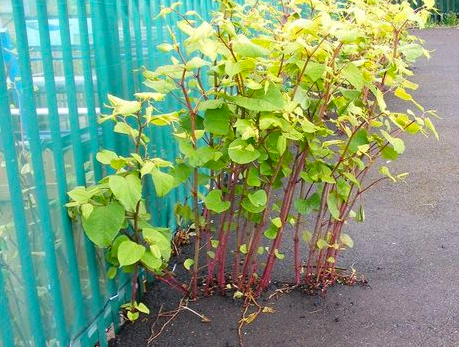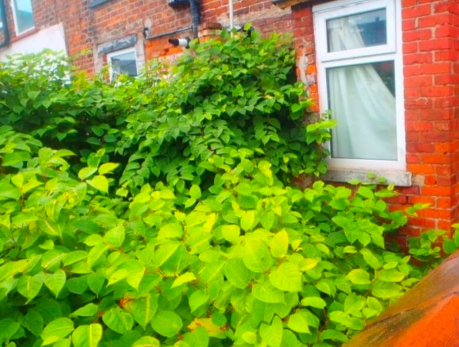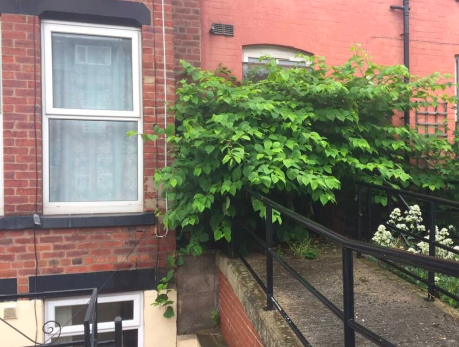What Happens Next?
We have recieved your application, and the following actions will need to be taken:
Thank you for your submission
What Happens Next?
We have recieved your application, and the following actions will need to be taken:
Industry verified by

Who will be in touch?
JKSL is the UK’s leading specialist in the identification, control and eradication of Japanese knotweed and other invasive varieties.
JKSL offer a 10-year insurance backed guarantee. They are trusted by over 500 clients, including many of the UK’s largest landowners, construction companies and government agencies.


Rated 5 out of 5 from 343 Google Reviews
We’ll contact you
One of our team will call or email you to discuss the project. Every project is different, so we need to get the full picture.
Site survey
One of our survey team can visit your site to complete identification and recommend a treatment plan.
Final Quote
Once we have determined the ideal treatment options for your site, we’ll provide a detailed quotation.
Damage to Walls & Buildings
Japanese knotweed growing near perimeter walls or buildings can cause cracks in brickwork or piping, especially by exploiting points of weakness along the wall. The rhizome system has the tendency to grow into cracks in damaged hard structures, such as poorly laid concrete or pipework.
The growth can also block out natural light and affect ventilation to buildings, especially on ground floors. The rhizome poses a threat to underground infrastructure, with the roots able to infiltrate and crack pipework around the house. It may also even interfere with electric and other forms of cabling underground.

Effects on Property Values
Eradicating Japanese knotweed from a property can be quite expensive. Building projects under construction, or houses being sold, will need to ensure their land is Japanese knotweed free. A management plan for the plant must be drawn up and implemented, delivered by a recognised and professional company, as treating it yourself can lead to further spread. Therefore, most buyers will be unlikely to buy a property that has a current Japanese knotweed infestation until it is undergoing a recognised treatment programme.

A Problem for Mortgage Lenders
Japanese knotweed has been one of the reasons that mortgage providers are hesitant to lend on properties. Additionally, local authorities have been known to refuse planning permission for plans within infested areas. This is because any soil movement within an area of infestation will only encourage the plant to spread further.
The effects of the plant on property, property values, mortgage lenders and insurers are clearly evident, so it’s vital that if you believe you may have Japanese knotweed present on your site, that you receive professional support with the correct identification, treatment and eradication. For more information on a range of services that JKSL can provide to ensure that we put an end to any potential Japanese knotweed building damage, please get in touch today.
